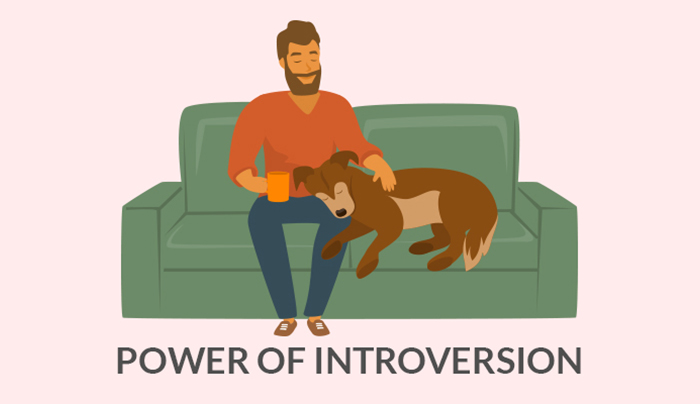COVID is a bummer in many ways, but there are a few winners thanks to the pandemic: dogs (read this feel good story about how shelters are emptying thanks to record adoption rates) and introverts. Let me explain the latter.
I went into a store the other day to buy a pair of shoes. I chatted with some of the employees who were outgoing and engaging with me. Then I heard the manager say to a quieter employee, ‘You’re not talking, what’s wrong?’
She’s probably overwhelmed and simply being herself, I thought.
There’s a deep bias in our society that you need to be an extrovert to succeed. But it is far from the truth. A third to a half of the world’s population are introverts. Some of the world’s best leaders are introverts. They may force themselves to be extroverted when times call for it, but they are introverts. Many of my readers and clients are introverts. It’s a bit unusual to me. It often takes an gregarious extrovert to be successful in CRE. However, my introverted clients are thriving in this COVID world, thanks in part to the push to work from home. They are telling me that they are seeing new levels of creativity and productivity.
Here’s a great TED Talk about the power of introversion from Susan Cain, author of Quiet: The Power of Introverts in a World That Can’t Stop Talking, which argues that Western culture misunderstands and undervalues the traits and capabilities of introverted people.
Being introverted doesn’t mean being shy or afraid of social judgment. Introversion, as Cain describes is, more about how one responds to social stimulation. While an extrovert might crave social stimulation, introverts do their best work in a low-key environment.
As an independent-thinking ambivert who leans to the side of introversion, I say ‘Thank God for the new work-from-home ethos.’ Finally, those who enjoy peace and quiet while working have a legitimate reason to take a break from the constant eagerness of corporations that want to hold multiple meetings and spectate others who are meeting.
True introverts can be easily distracted and forced to be more extroverted than they want to be in these office environments. It’s a curse of the millennial age that they are forced to work as teams and build consensus where introverts only need a little of that to stay energized.
My top productivity tips for when working at home.
Many of my creative clients have been relishing not having to work in a busy office day in and day out. Many of them are workplace leaders who are deciding how their business will function in the future. Some want to encourage continued working from home for those who do well in this environment while also encouraging collaboration when needed. We are having exciting discussions about what this might look like.
I have discovered that in the business world, my omniversion is an asset. I’m able to happily meet friends – new and old – and enjoy social stimulation. However, I also do some of my best work when I’m alone and surrounded by less stimulation. It has also helped me understand and empathize with the thinking of my more introverted clients as they search for the ideal workspace for themselves or their companies.
Interested in examples of where I’ve worked with introverted leaders to find office space that worked for them? Or how about getting tips on how to work in a highly stimulating office when you are an introvert? Call me at 704-953-5500 or send an email.







